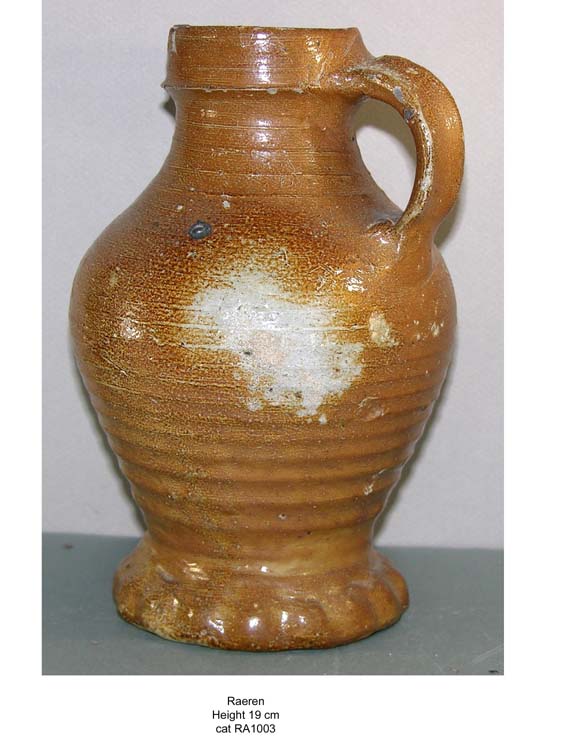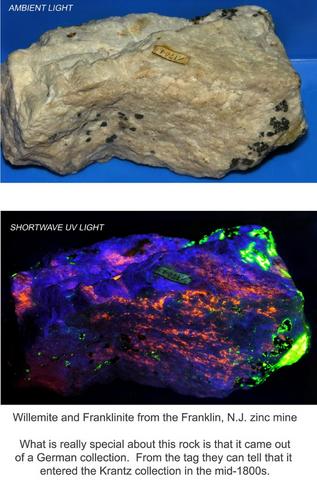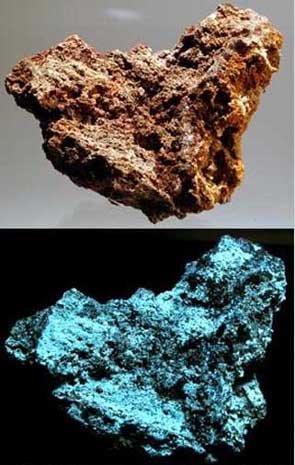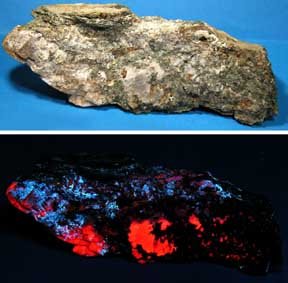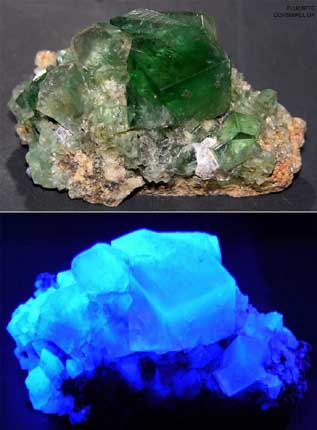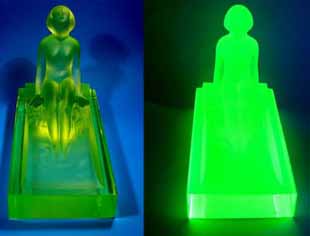Green Tea as a CLL Treatment
The Mayo Clinic performed a clinical trial using green tea as a leukemia treatment from 2003 to 2009, and the results of the trial have now been published. I am not a physician, nor have I had any medical training. None. I am just a CLL patient who is doing his best to try and be well informed.
The active ingredient in green tea extract is EGCG (chemical name epigallocatechin-3-gallate). It is not present in sufficient quantities in actual brewed green tea to do any good at all. To get enough to have any effect these people took as many ten capsules of the concentrated green tea extract more than once each day.
What the experts at the Mayo Clinic found was that in some cases people taking vast quantities of green tea extract did see some reduction in size to the swollen lymph nodes of these CLL patients. Unfortunately the dosage required in order to see any meaningful reduction of lymph node size was also high enough to potentially cause liver damage. The Mayo Clinic trial of green tea extract clearly demonstrated that even when sufficiently high doses were taken which can result in serious organ damage, green tea absolutely did not cure CLL.
In virtually all cases, Chronic Lymphocitic Leukemia remains incurable. The doctors continue to do lot of study, but as of 2009 most therapies used by them to treat the disease primarily serve to improve the quality of life of the CLL patients. Please e-mail me if you think that what I am saying is incorrect, but it is my understanding that there have been no organized trials of any of these drugs which prove a meaningful improvement in lifespan. Most of these treatments are just going for a temporary remission. And unfortunately most of the therapies that are currently in vogue further reduce the functioning of the body’s already poorly operating immune system.
I remember quite well all the furor it caused when Dr. Terry Hamblin said (and I am paraphrasing him here) that “alternative treatments for the most part did not cause significant harm to the patient. But that these alternative treatments all had one thing in common: They did not work. If they did work these alternative treatments would cease to be alternative and would become mainstream treatments.” When I met Dr. Hamblin in Southern England in the summer of 2005 we discussed many different things. He is a funny, well read, and very bright man. He gave me some excellent advice on sites to see while I was visiting Dorset. One the things we discussed was green tea. He was skeptical that it was beneficial for CLL patients, and this Mayo Clinic study does indeed seem to validate his skepticism.
-
-
-
-
-
-
-
-
-
-







